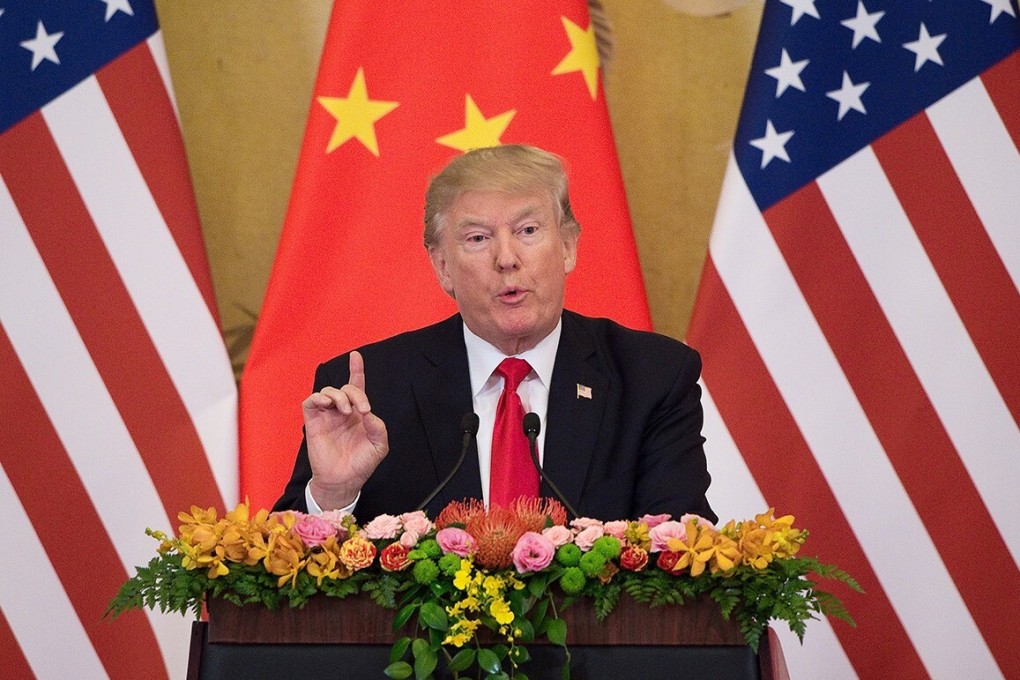Advertisement
Donald Trump may lack a coherent China policy, but he got something right
- The US president understood that his predecessors gave away far more to China than the US received and that Beijing respects power, not diplomacy
- Post-Trump, Washington and its allies will need to play a long game, demanding from China changes that should have been made a long time ago
Reading Time:3 minutes
Why you can trust SCMP

US President Donald Trump got several things right about China, and for that we should laud his efforts.
He knew, or at least listened to the right adviser, when he decided that the “Washington consensus” – which assumed that closer economic integration with China would encourage Beijing to open its markets and provide greater opportunities for foreign companies – was wrong.
That conclusion should have been obvious to Washington’s China hands long before Trump started his trade war with Beijing.
Advertisement
Trump also seemed to understand that Beijing demands diplomacy but only respects power, probably because he has the same mindset. Has Trump ever been open to meeting in the middle when faced with a challenge? No. Just like his friend, Chinese President Xi Jinping, Trump equates concessions with weakness.
So when former US Trade Representative Charlene Barshefsky criticised Trump last week for having no coherent China policy, her comments weren’t so much off base as they were anachronistic.
They would have made much more sense when she was in charge of negotiating with Beijing. Back in the 1990s, the idea that China was aiming to move to a more reciprocal economic relationship with the US and the rest of the world was not so implausible.
Advertisement
Select Voice
Select Speed
1.00x
